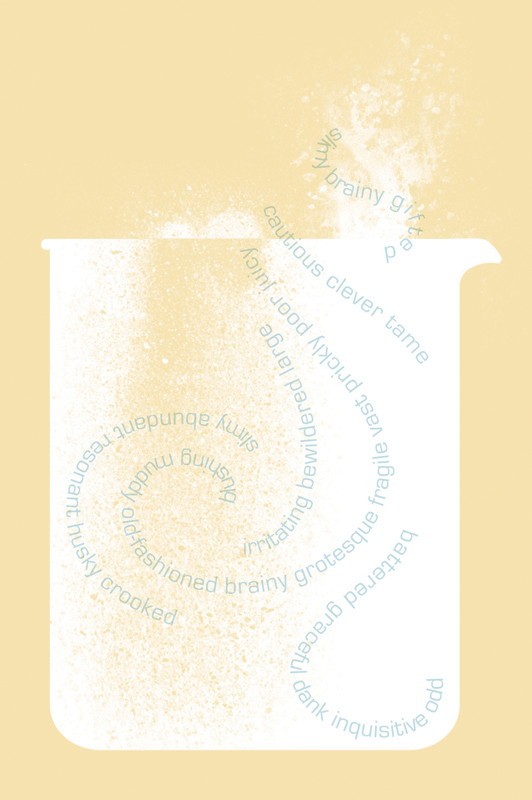The death of adjectives in scientific writing
Lack of subjective expression in contrast to passion of scientists
Horrid! Daunting! Down-right scary!
As the deadline for those looming final formal lab reports draws near, be sure to pause and consider your scientific writing technique before drawing your conclusions.
Be concise, direct and willing to leave those adjectives at the door of the lab, alongside your beverages.
There is a time and a place for elegant language; however, it should not be found peppered throughout lab reports and review papers.
I understand this may seem a little strict and uptight, but it does come with good reason.
First, science must be objective as opposed to subjective. Scientific findings are observable, thus allowing for truths and facts to be established through comprehensive investigation.
It can be argued that observations might differ between individuals, especially when qualitative data is being recorded, yet good scientific conclusions will be drawn from results in the end.
This brings to mind the classic titration experiment: potassium permanganate, a strong oxidizing agent that is deep purple in colour, will cause a clear solution of acidified oxalate to turn pink once enough volume is added.
This signifies the equivalence point of the mixture has been reached.
“ Soon, they will be waving their hands madly as they describe to you the complexities of geometrically frustrated magnets, or the evolution of the physiological and behavioural traits of bats
Although during the experiment one observer might note a blue-ish, purple-ish shade for the solution and another might describe it as having a grape-like tinge, the endpoint is a clearly definable colour change.
Second, science must be internationally accessible. It aims to be a cumulative body of knowledge that all can add to and learn from.
Speakers of the English language are quite spoiled; we have an inexhaustible amount of adjectives to sprinkle our conversations with.
However a majority of these cannot be translated to any given language, and the use of them would make the published scientific work incomprehensible for some.
So even though most of us would agree to the sheer brilliance of the geodesic surface of the compound eye of the fruit fly (Drosophila melanogastor, for short), these views fall under the subjective category and must be kept out of scientific writing.
But fear not, poetic language lovers. Your valued adjectives have not been buried deep within the scientifically-sealed grave of forgotten expression.
Venture down the formaldehyde-scented hallways of our science departments to talk to one of the professors, and ask them about their research.
Immediately you will see a flicker of excitement in their eyes and hear a high note in their voice.
Soon, they will be waving their hands madly as they describe to you the complexities of geometrically frustrated magnets, or the evolution of the physiological and behavioural traits of bats.
Here, in these passionate conversations, is where you will find your adjectives.
Suffice to say, science is stinky, moist, messy, arduous, extensive, all the colours of the visible spectrum and oh so exciting.
You can find Sarah Beattie roaming the formaldehyde-scented hallways.
Published in Volume 65, Number 23 of The Uniter (March 17, 2011)








